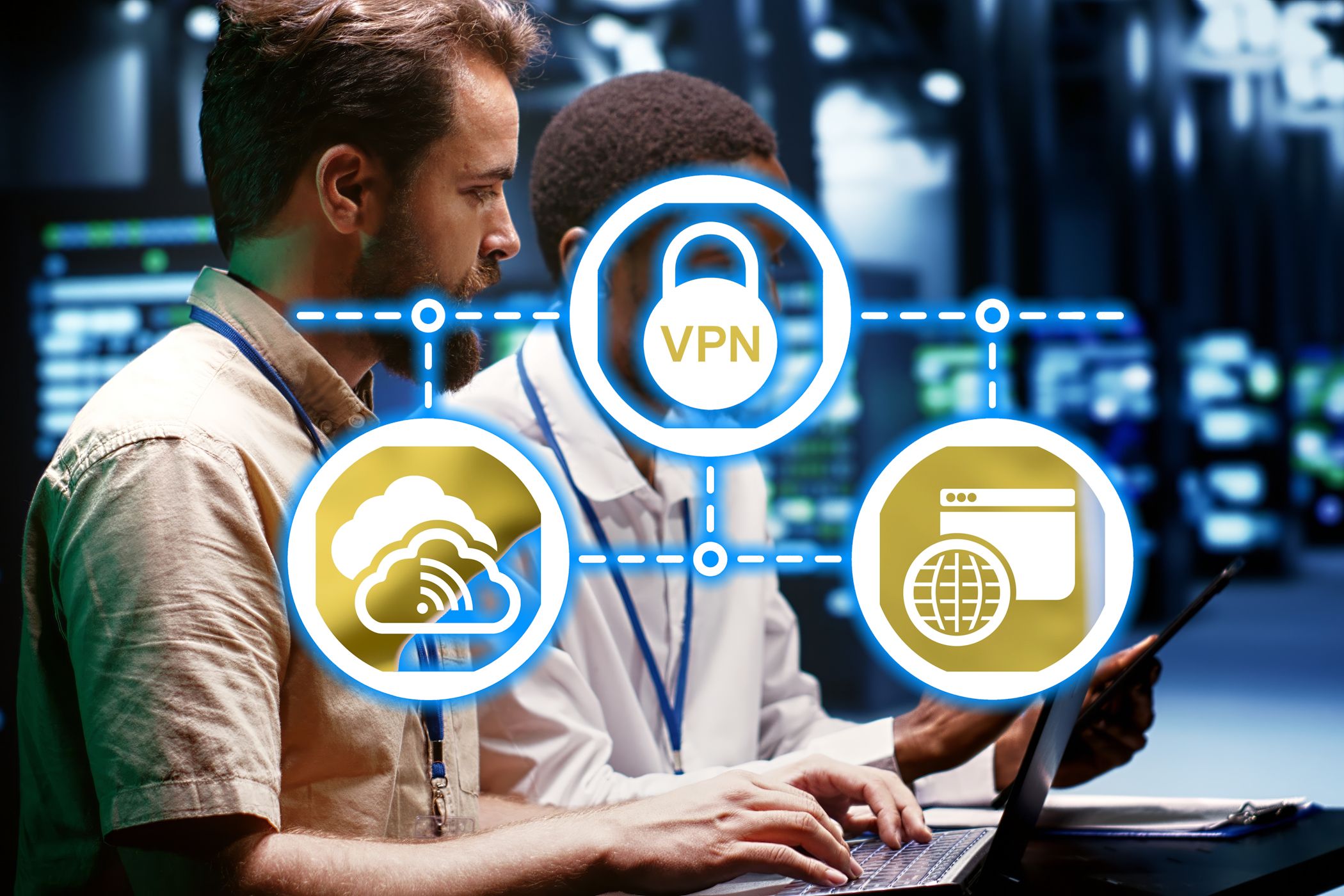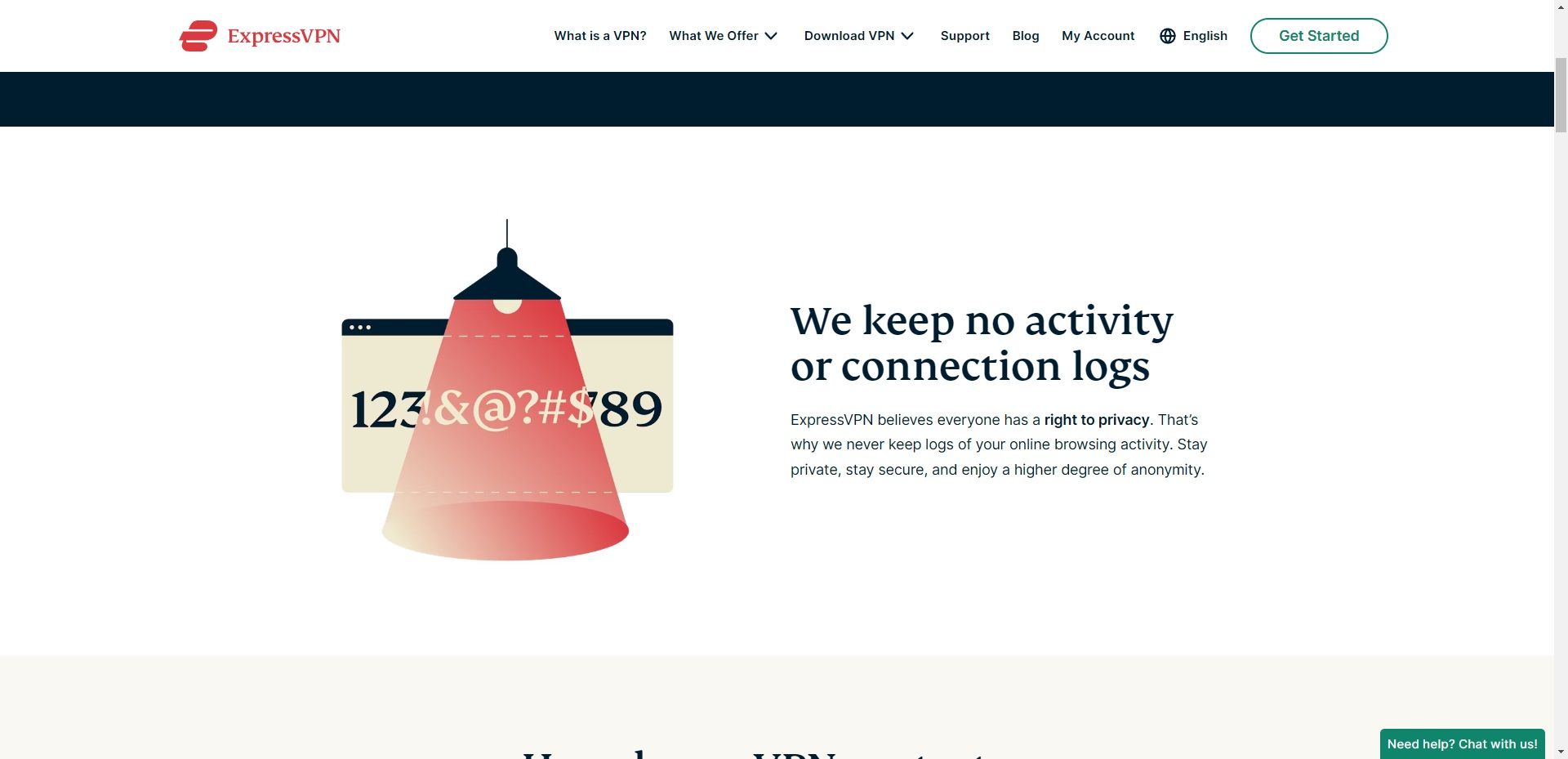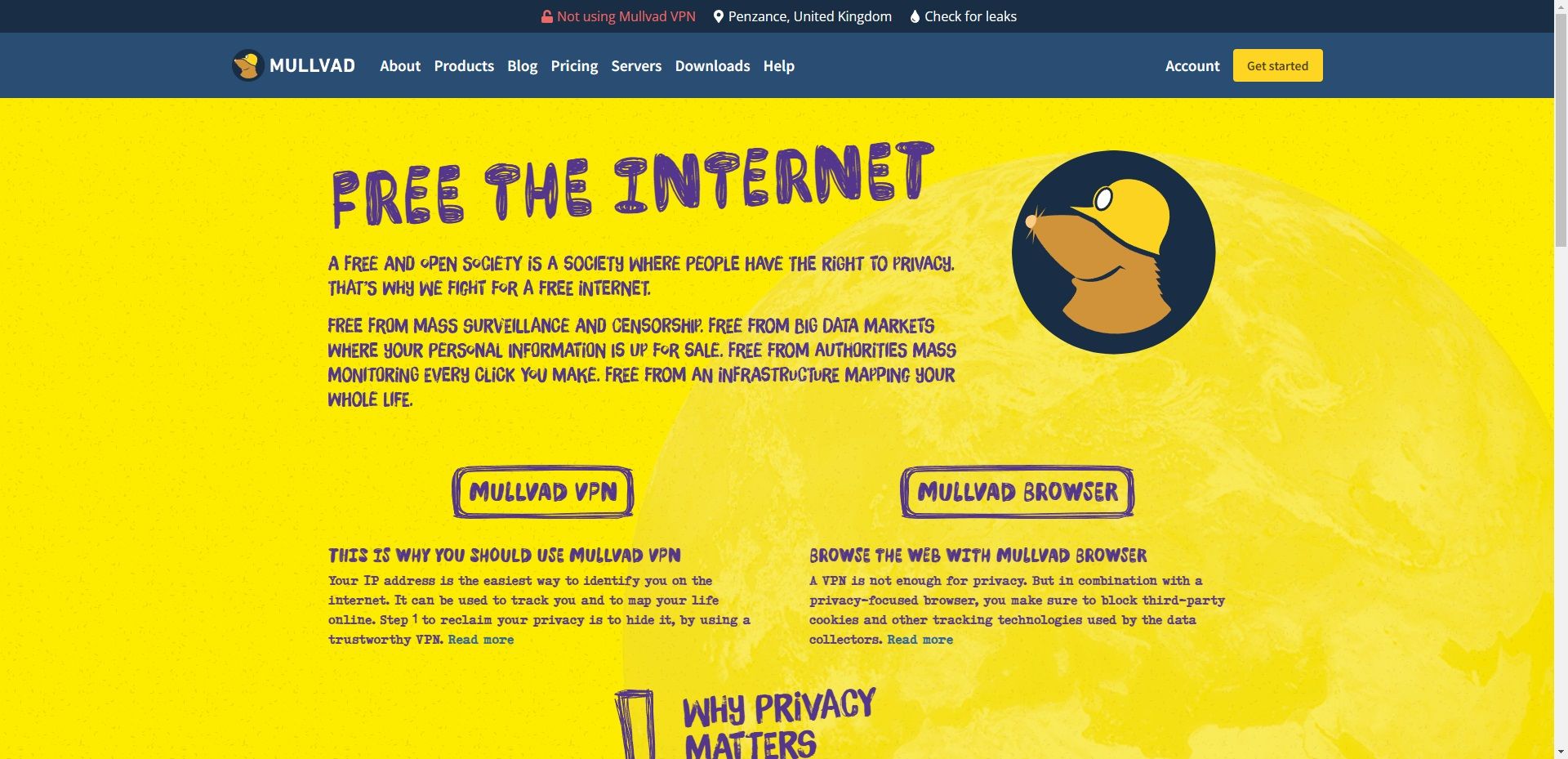V dnešním digitálním věku nabývá online soukromí stále většího významu. Služby VPN, které nezaznamenávají logy, se stávají oblíbenou volbou pro ty, kteří chtějí chránit svou internetovou aktivitu před nechtěnými pohledy. Pokud se rozhodnete pro VPN bez protokolování, očekáváte, že vaše online chování zůstane zcela diskrétní. Nicméně, do jaké míry můžeme důvěřovat tvrzením těchto poskytovatelů? Existuje několik zásadních aspektů, které nám umožňují věřit službám VPN bez logů, jako jsou externí audity, robustní technologická infrastruktura a promyšlený obchodní model. V tomto článku se na tyto faktory podíváme detailněji a zjistíme, proč může být důvěra v no-log VPN správným rozhodnutím.
VPN bez logování slibují, že udrží vaše internetové používání soukromé. Základem je, že pokud se logy vůbec neukládají, vaše data nemohou být předána jiným stranám. Otázkou zůstává, jak můžete těmto tvrzením důvěřovat?
Chvíli mi trvalo, než jsem se o tom přesvědčil, ale existuje několik důvodů, proč věřím tvrzením poskytovatelů VPN, kteří nezaznamenávají logy.
Nezávislé audity zaručují poctivost no-log VPN

DC Studio/Panchenko Vladimir/Shutterstock
Často se zdá, že to, zda můžete důvěřovat tvrzením VPN o neuchovávání logů, závisí na tom, zda jim slepě věříte. Jistě, zásady ochrany osobních údajů uvádějí, že se logy neukládají, ale jak si můžete být 100% jisti, že je to pravda?
Seriózní služby VPN předvídají tuto skepsi a investují do nezávislých auditů, které potvrzují jejich tvrzení. Tyto audity provádějí třetí strany, které byly najaty k prozkoumání VPN. Hlavním cílem je zajistit, aby nikdo nemohl sledovat vaši online aktivitu – ani samotný poskytovatel VPN.
Během auditu technici testují VPN, aby ověřili, zda konfigurace serveru odpovídá tomu, co je uvedeno v zásadách VPN. Typický audit může zkontrolovat, zda se shromažďují následující údaje:
- Logy IP adres
- Dotazy DNS
- Metadata provozu
- Historie procházení
Považuji tyto audity za důvěryhodné, protože společnosti, které je provádějí, mají zavedenou reputaci v oblasti bezpečnosti, práva a financí. Například nejnovější audit zásad nulového protokolování NordVPN provedla společnost Deloitte, jedna z takzvané „Velké čtyřky“ auditorských firem.
Kromě funkcí, které vždy zkontroluji před registrací do VPN, je pro mě provádění pravidelných nezávislých auditů na předním místě.
Technologie infrastruktury prosazuje zásady no-log

Dalším způsobem, jak si může VPN bez logů získat moji důvěru, je její infrastruktura navržená tak, aby zabránila protokolování.
Jedním z největších mýtů o VPN, který jsme vyvrátili, je, že při používání VPN jste vždy 100% anonymní. Ale VPN zaměřená na soukromí může být nastavena tak, aby bylo sledování mnohem obtížnější:
- Pouze RAM servery
- Anonymní platby
- Adresa není vyžadována
- Registrace povolena s jednorázovými e-maily
Služby jako ExpressVPN tvrdí, že nemohou uchovávat logy, protože používají pouze RAM servery a neukládají žádná data na pevné disky. Když dojde k výpadku napájení – například když se server restartuje – data uložená na serveru pouze s RAM se zcela ztratí. Nejde o manuální operaci, která závisí na lidském zásahu; stane se to automaticky kvůli nestálé povaze samotné RAM.
Vymáhání zásad pomocí technologie mě vede k přesvědčení, že tvrzení o neprotokolování jsou pravdivá.
No-log VPN mají finanční motivaci být transparentní
Existuje mnoho důvodů, proč byste měli používat VPN, ale pokud konkrétně hledáte VPN bez logů, pak rozhodně nechcete, aby VPN uchovávaly vaše osobní údaje. Seriózní poskytovatel VPN, který si získal vaši důvěru díky svým zásadám nulového protokolování, má finanční motivaci být transparentní.
Ve skutečnosti může být celý jeho obchodní model založen na jeho reputaci v oblasti ochrany soukromí. Pokud se rozšíří zpráva, že poskytovatel VPN nesplnil tyto sliby, jeho hlavní činnost by byla zničena. Obzvláště obtížné je zotavit se z takového úderu, když konkurence na trhu VPN nebyla nikdy tak intenzivní.
Líbí se mi, že společnosti jako Surfshark poskytují „warrant canary“ k ochraně své pověsti. Ujišťuje mě to, že jim záleží na tom, aby zákazníky informovali o tom, zda byli v minulosti nuceni předat uživatelská data.
A konečně, existuje zjevnější finanční motivace k neukládání logů. Jak může potvrdit každý, kdo někdy spravoval síťový systém nebo provozoval firmu, je jednoduše méně práce vynechat vedení záznamů, když to není nutné. Je zde také menší právní odpovědnost, o které se budeme zmiňovat dále.
No-log VPN byly prověřeny v reálných podmínkách

Zásady ochrany osobních údajů, audity třetích stran a technologická opatření jsou skvělé pro budování důvěry, ale co je lepším důkazem než skutečný zátěžový test?
Poskytovatelé VPN již při několika příležitostech prokázali svá tvrzení o neprotokolování. Například:
- Private Internet Access (PIA): Tento oblíbený poskytovatel VPN byl již dvakrát předvolán k soudu, jednou v roce 2016 a znovu v roce 2018. V obou případech byl nucen předat zákaznická data soudu. V obou případech PIA prokázala, že neexistují žádná data, která by mohla být předána.
- Mullvad VPN: Tento poskytovatel se sídlem ve Švédsku byl v roce 2023 přepaden donucovacími orgány. Nicméně, během razie nebyla nalezena žádná data, protože žádná nebyla uchovávána.
Pomáhá také, když poskytovatelé VPN působí v jurisdikcích se silnými zákony na ochranu soukromí spotřebitelů. V zemích, jako je Švýcarsko nebo Panama, nemohou být poskytovatelé VPN snadno nuceni udávat své zákazníky.
No-log VPN mají zatím skvělé výsledky, a proto důvěřuji jejich tvrzením o ochraně soukromí. Pokud jste nováčkem v oblasti VPN a chcete se s nimi seznámit, můžete vyzkoušet VPN, které nevyžadují registraci. Až si budete jisti, že jste připraveni na plnohodnotnou no-log VPN, podívejte se na poskytovatele, kteří pravidelně obsazují přední příčky našeho seznamu nejlepších VPN.
Shrnutí: Použití no-log VPN je skvělou volbou pro ochranu vašeho soukromí online. Důvěryhodnost těchto poskytovatelů roste díky externím auditům, pokročilé technologii a solidnímu obchodnímu modelu. Mnoho poskytovatelů již prokázalo, že jejich tvrzení o no-log politice jsou pravdivá. Pokud hledáte spolehlivou no-log VPN, doporučujeme zvolit služby, které pravidelně provádějí audity a mají dobré hodnocení od uživatelů.